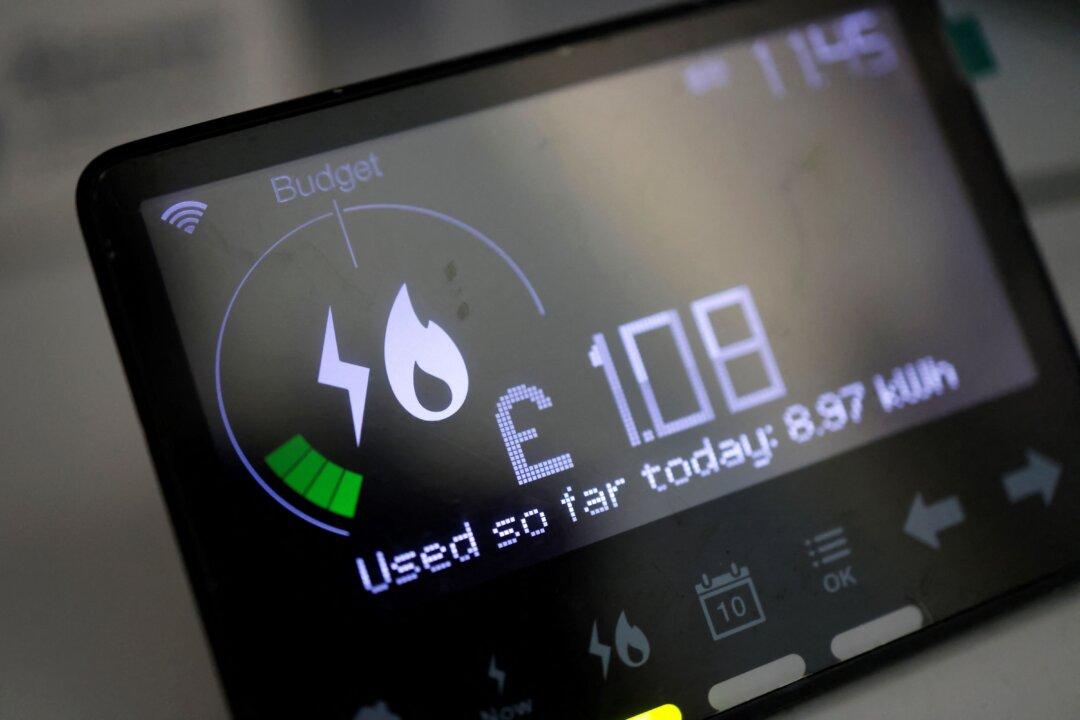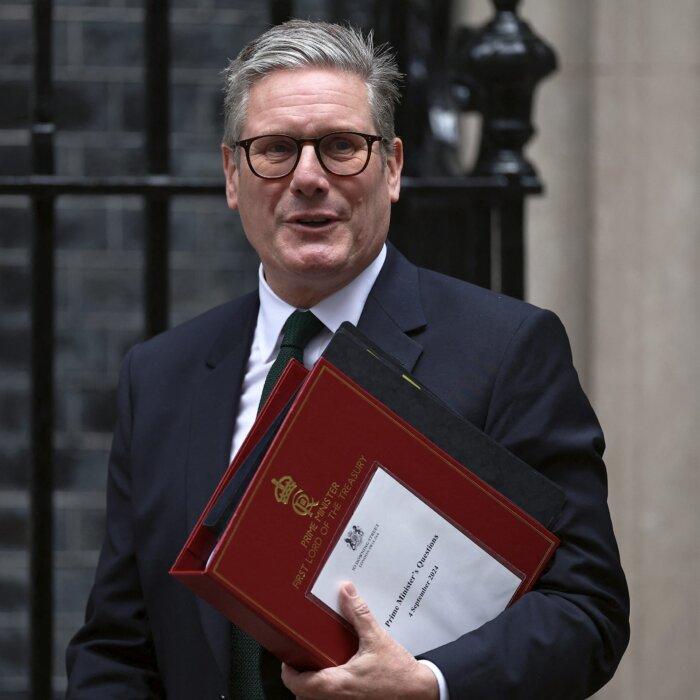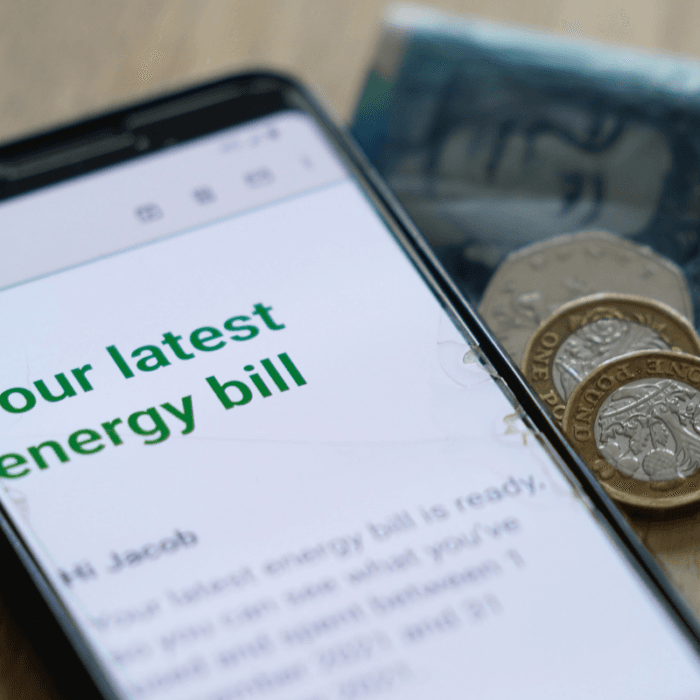Almost 11 million households have been urged to submit their energy meter readings as soon as possible to avoid being overcharged.
Energy prices went up from Tuesday as Ofgem increased its price cap from £1,568 to £1,717 per year. This is an increase of around 10 percent, which adds around £12 a month to an average bill.
The new cap is 6 percent, or £117, cheaper compared to the same period last year (£1,834).
The energy price cap is calculated based on typical energy use for households. It sets the maximum amount that can be charged for each unit of energy but doesn’t limit the total bill. Families will continue to pay for the amount of energy they consume.
Households in England, Scotland, and Wales on standard variable tariffs will pay on average 24.50 pence per kilowatt hour (kWh) or a daily charge of 60.99 pence. The amount paid for gas usage on this tariff amounts to 6.24 pence per kWh or 31.66 pence per day.
According to Ofgem, the amount varies depending on the location, the type of meter, and the payment method.
One way to reduce energy bills is to track how much gas and electricity is being used, price comparison website Uswitch.com has advised. It recommended that households take their own readings to be charged accurately.
Changing the energy tariff and switching to a fixed rate tariff could also help households lower their energy bills, Ofgem said.
‘Dreadful Winter’
Under the new price cap, almost half of UK adults are likely to ration their energy use this winter. A survey by fuel poverty charity National Energy Action and YouGov said that from October, 6 million UK households will be in fuel poverty.Households tend to cut back on keeping the lights on, using baths and showers, and running the washing machine to spend less on energy bills, the figures showed.
The price cap increase follows the decision by the government to cut winter fuel allowance for pensioners who don’t receive Pension Credit or certain other means-tested benefits.
“Whether or not wealthy pensioners should receive help with their energy bill, the decision to restrict the Winter Fuel Payment has put more vulnerable pensioners at risk,” said Scorer.
Pushback
The government faces pushback on its decision to cut winter fuel allowance from other charities and MPs.Age UK has warned that means-testing the Winter Fuel Payment will make poor pensioners poorer this winter.
According to the End Fuel Poverty Coalition, taking away financial support from vulnerable households could lead to increased costs for the NHS.
“The long term way to reduce the costs to the NHS of people living in cold damp homes is to improve insulation and ventilation of buildings as well as stabilise energy costs by getting the country away from being hooked on volatile gas prices.
“But until the Government fully implements its positive plans in these areas, vulnerable households will continue to need financial support. That’s why the Winter Fuel Payments were so important, the money provided help for older households to stay warm each winter,” a spokesperson for the coalition said in a statement.
Liberal Democrat Treasury spokeswoman Daisy Cooper said that energy price increase will be “a crushing blow to pensioners,” who will be forced to choose between “heating and eating.”
The Liberal Democrats oppose Winter Fuel Payment cuts and are calling on the government to deliver a fairer plan.







